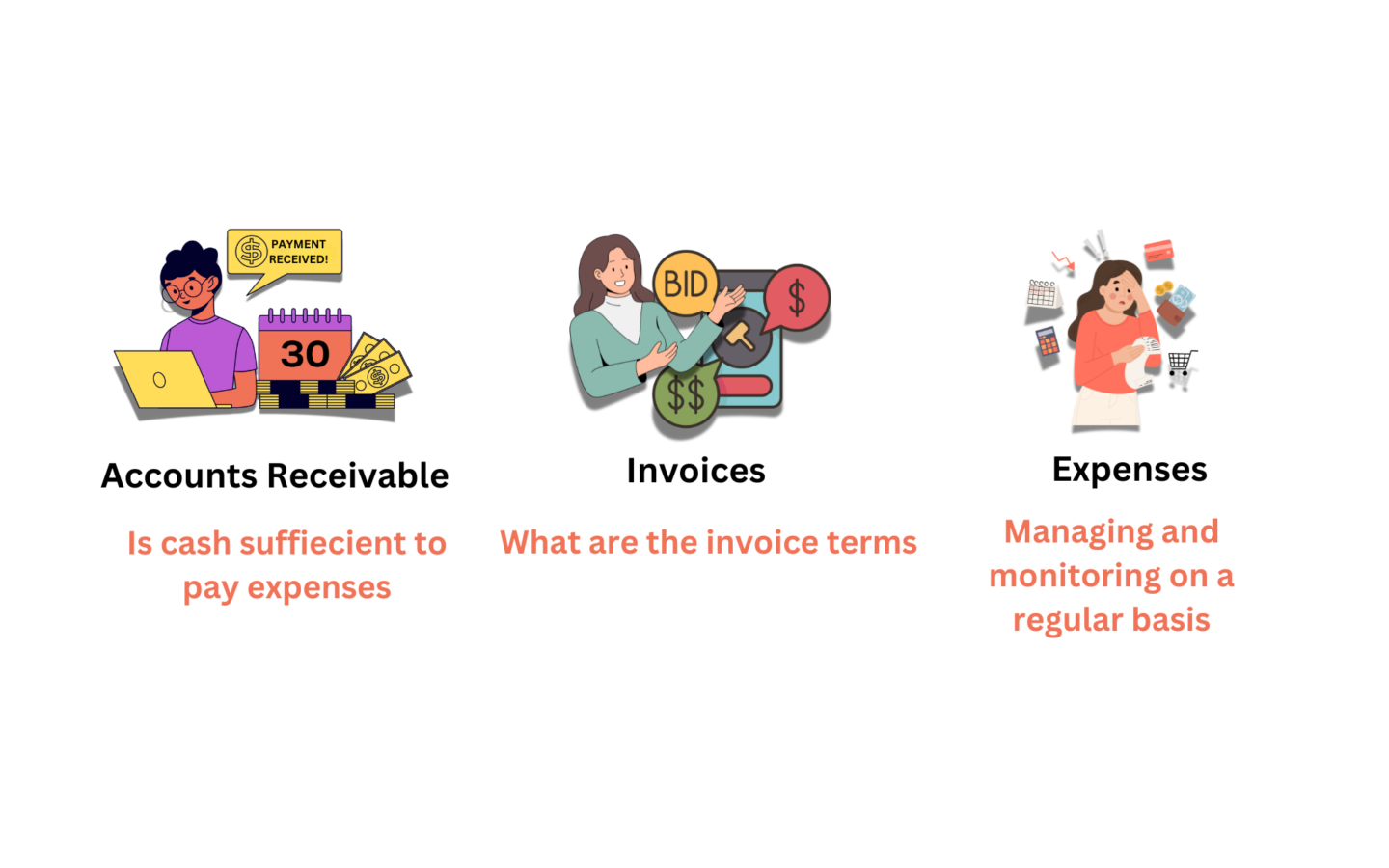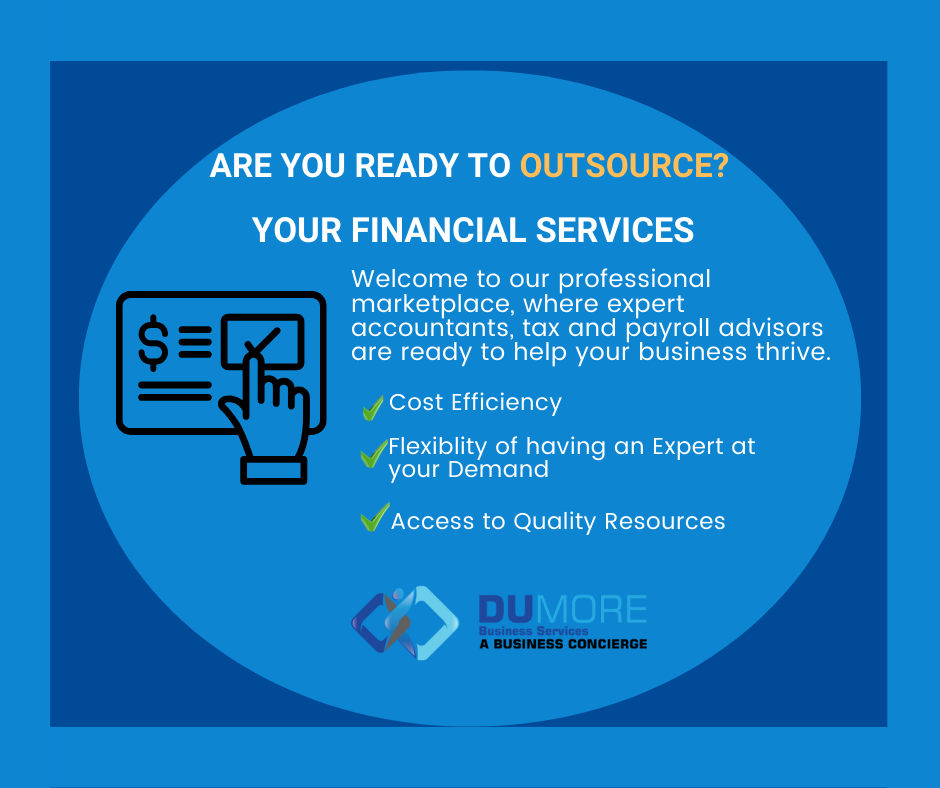Cash Flow
The best way to avoid cash flow problems is to realize you have one. Understanding cash flow would put you in a better position that would attract investors and bankers. It will also help manage those though times more effectively, but for whatever reason there is, business continue to fall short by not paying attention to the cash flow. You know the health of your business depends on the stability of your cash flow, so pay attention.
Dealing with cash flow issues can be daunting and the most challenging aspect of managing a business and these issues can quickly escalate if not addressed promptly and effectively.

What can you do to increase Cash Flow?
Lucky there are strategies that address cash flow down fall before it happens. Monitoring business processes and recognizing trends is a start to understanding a business financial position.
Let’s break it down….
- Create a Detailed Budget: Develop a comprehensive budget that outlines your income sources and all your expenses. This will help you identify areas where you can cut costs and allocate funds more efficiently.
- Track and Manage Expenses: Keep a record of all your expenses and regularly review them. Look for ways to reduce unnecessary spending and identify areas where you can negotiate better deals or find cost-saving alternatives.
- Improve Invoicing and Accounts Receivable: Ensure prompt and accurate invoicing to your customers or clients. Implement strategies to encourage timely payments, such as offering discounts for early payment or implementing a clear late payment policy.
- Control Inventory: If you have a business that involves inventory, optimize your inventory management to avoid excess stock or wastage. Regularly analyze demand patterns and adjust your inventory levels accordingly to minimize holding costs.



